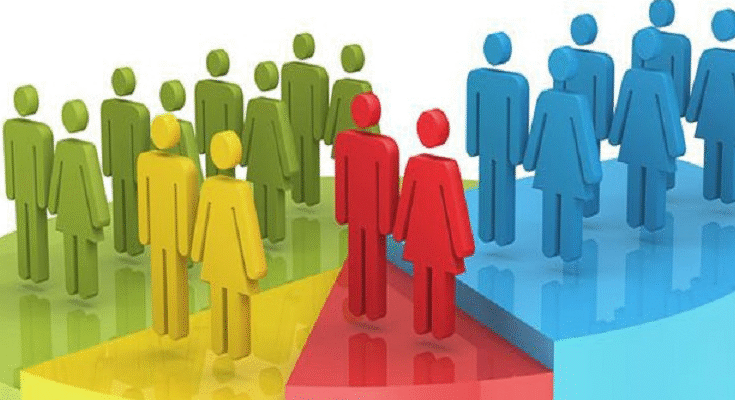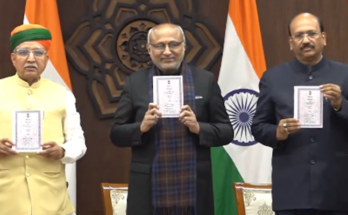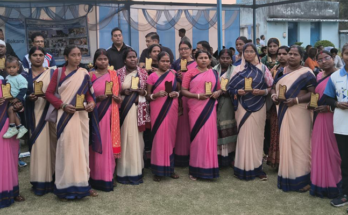New Delhi: The Government of India has officially issued a notification for Census 2027, marking a significant shift with the introduction of digital data collection and caste-based enumeration for the first time in the nation’s history.
According to the Union Ministry of Home Affairs, the 16th Census of India will be conducted in two phases, with preparations already underway. Union Home Minister Amit Shah recently chaired a high-level meeting to review the planning and technological framework. The session included key officials such as Union Home Secretary Govind Mohan and Census Commissioner Mrityunjay Kumar Narayan.
Notification for #Census2027 has been issued. With this, process of Census has commenced.
Reference Date: 1st March 2027 for all States/UTs except for Ladakh and snow-bound areas of J&K, Himachal Pradesh & Uttarakhand where it’ll be 1st October 2026@HMOIndia @PIBHomeAffairs pic.twitter.com/3WOWqSB9nb
— Census India 2027 (@CensusIndia2027) June 16, 2025
This upcoming census will be conducted digitally using mobile applications, which will support 16 Indian languages, making the process more inclusive and accessible. Over 34 lakh enumerators and supervisors, along with 1.3 lakh census officers, will be deployed across the country, equipped with modern digital tools.
Reviewed the preparations for the 16th Census with senior officials.
Tomorrow, the gazette notification of the census will be issued. The census will include caste enumeration for the first time. As many as 34 lakh enumerators and supervisors and around 1.3 lakh census… pic.twitter.com/wkvJda7J4e
— Amit Shah (@AmitShah) June 15, 2025
Notably, caste enumeration will be included for the first time, a move aimed at providing comprehensive socio-economic data. As per the official timeline, the first phase of data collection will begin on October 1, 2026, in Jammu & Kashmir, Ladakh, Himachal Pradesh, and Uttarakhand. The second phase will commence on March 1, 2027, covering the rest of India.
Officials emphasized that digitalization will ensure greater accuracy, transparency, and efficiency in data collection, shaping future policy-making and welfare schemes.




